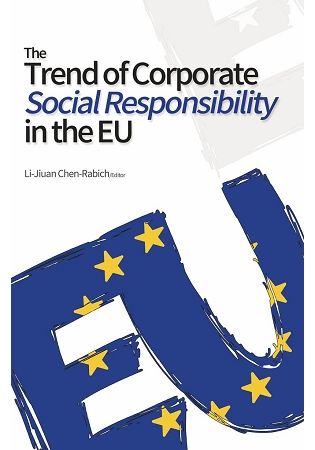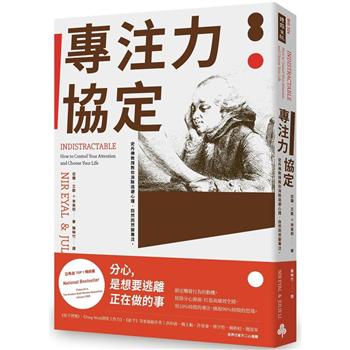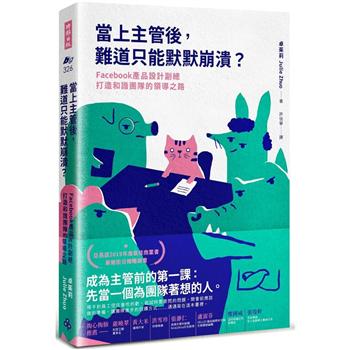It is an honor to take place the third-year Jean Monnet Chair conference at Tamkang University in Taipei.
The Corporate Social Responsibility (CSR) has a comprehensive content. CSR has become a widespread topic in business and public discussion. CSR covers interests of companies, consumers and
stakeholders. Responsibility aspects have already been integrated into the strategic management in many companies.
First of all, thanks to the EU’s cofounding for this international conference. CSR is currently a global issue. The EU has actively engaged in the CSR since 1995 not only through its reform of the company
law and financial market law, but also through raising awareness and understanding of CSR among stakeholders and the general public.
CSR has become a more important issue after the global financial crisis in 2008. The EU published a new policy on CSR in 2011. Enterprises have to behave themselves to integrate social, environmental,
ethical and human rights concerns into their business operations and core strategy in close collaboration with their stakeholders in order to fully meet their social responsibility.
The German legal system is a model of the continental legal system and has a great influence in Japan, Korea and Taiwan. The interaction between the EU and Germany is increasingly close due to the Germany’s membership and the loyalty to the EU. The EU’s CSR has an indirect influence on the three countries by the linkage with the German legal system.
It is a great pleasure and honorable to have the opportunity of sharing the CSR practices from Japan, Korea and Taiwan. There are seven papers related to the CSR practice in Japan, Korea and Taiwan under aspects of corporation law, labor protection and consumer protection.
The EU plays a global actor for a long time. Trade is an important instrument for global governance and implementing the European value.
The EU has an exclusive competence for the common trade policy. The EU has recently concluded comprehensive free trade agreements with most trade partners. This type of free trade agreement is so-called new generation trade agreement. The new generation trade agreement also
includes CSR value. Another five papers will be presented CSR under the aspect of the global governance.
| FindBook |
|
有 1 項符合
li-jiuan chen-rabich編的圖書 |
 |
$ 357 ~ 399 | The Trend of Corporate Social Responsibility in the EU【金石堂、博客來熱銷】
作者:Li-Jiuan Chen-Rabich編 出版社:淡江大學出版中心 出版日期:2018-08-24 語言:繁體中文 規格:249頁/23*15cm  共 5 筆 → 查價格、看圖書介紹 共 5 筆 → 查價格、看圖書介紹
|
|
|
圖書介紹 - 資料來源:TAAZE 讀冊生活 評分:
圖書名稱:The Trend of Corporate Social Responsibility in the EU
歐盟歷經一甲子以上的統合發展,至今仍屹立不搖,歐盟結合了28個會員國的經濟實力,且已經成為全球最大的經濟實體,在國際經貿社會舉足輕重,並扮演領頭羊的角色。
本書詳細闡述歐盟企業社會責任的新趨勢,內容新穎,可供我國政府、產業界與學術界研究歐盟貿易政策的參考。
作者簡介:
Prof. Dr. Li-Jiuan Chen-Rabich, LL.M
— is currently director of Graduate Institute of European Studies and director of Center for European Union Studies.
— was awarded Jean Monnet Chair on European Trade Law from 2015 to 2018.
TOP
推薦序
It is an honor to take place the third-year Jean Monnet Chair conference at Tamkang University in Taipei.
The Corporate Social Responsibility (CSR) has a comprehensive content. CSR has become a widespread topic in business and public discussion. CSR covers interests of companies, consumers and
stakeholders. Responsibility aspects have already been integrated into the strategic management in many companies.
First of all, thanks to the EU’s cofounding for this international conference. CSR is ...
The Corporate Social Responsibility (CSR) has a comprehensive content. CSR has become a widespread topic in business and public discussion. CSR covers interests of companies, consumers and
stakeholders. Responsibility aspects have already been integrated into the strategic management in many companies.
First of all, thanks to the EU’s cofounding for this international conference. CSR is ...
»看全部
TOP
目錄
Preface ..................................................................................................iii
1. CSR in the EU’s Financial Market Law
Li-Jiuan Chen-Rabich............................................................................................ 1
2. Toward Open Shareholders’ Meetings
Maki Saito.............................................................................................................. 7
3. CSR and Data Protection: Recent Development in Taiwan
Lung-Shen...
1. CSR in the EU’s Financial Market Law
Li-Jiuan Chen-Rabich............................................................................................ 1
2. Toward Open Shareholders’ Meetings
Maki Saito.............................................................................................................. 7
3. CSR and Data Protection: Recent Development in Taiwan
Lung-Shen...
»看全部
TOP
商品資料
- 作者: Li-Jiuan Chen-Rabich
- 出版社: 淡江大學出版中心 出版日期:2018-08-24 ISBN/ISSN:9789869607131
- 語言:繁體中文 裝訂方式:平裝 頁數:249頁 開數:23*15 cm
- 類別: 中文書> 社會科學> 經濟
|











